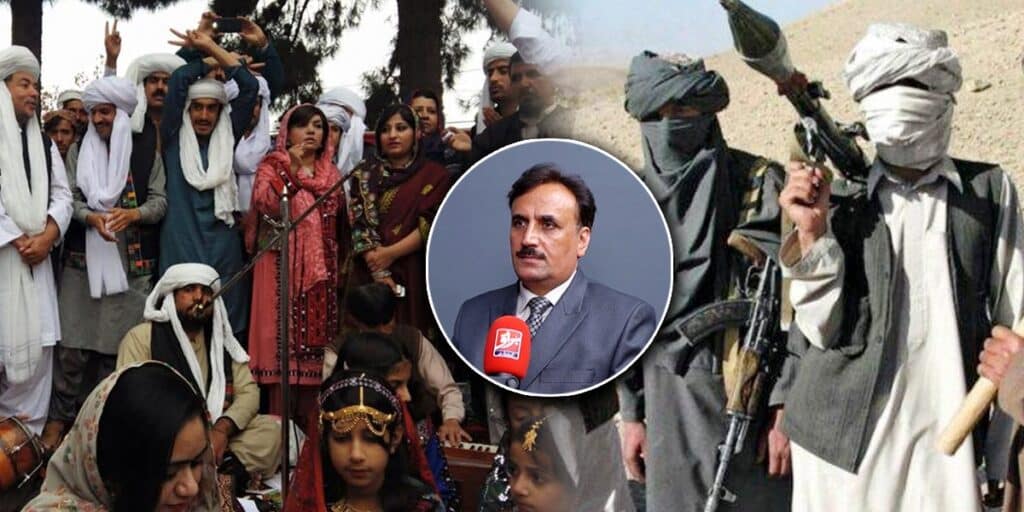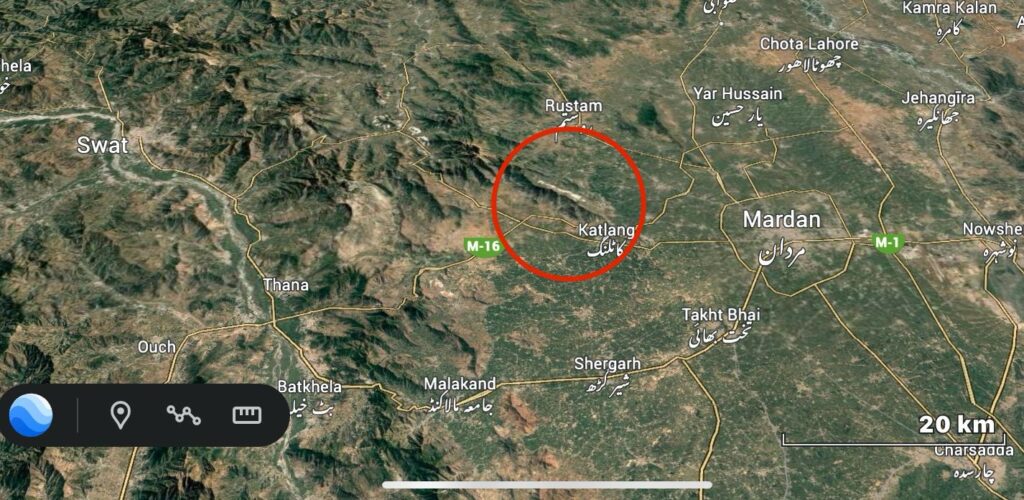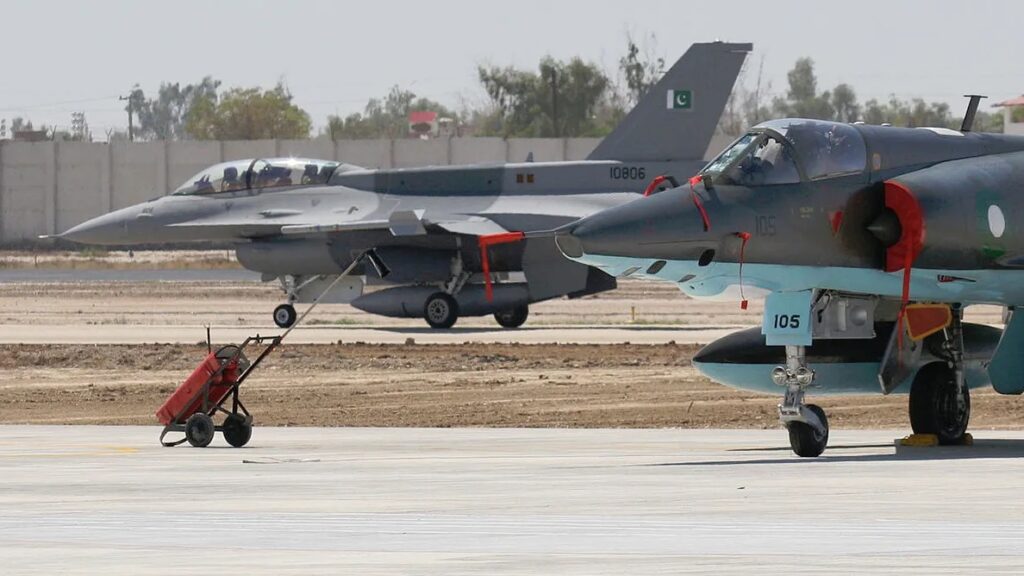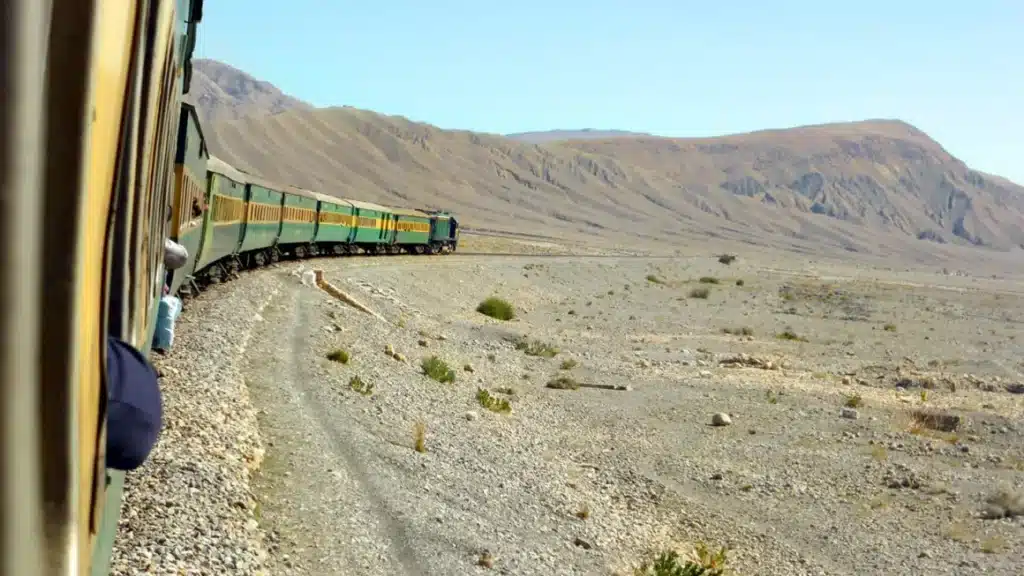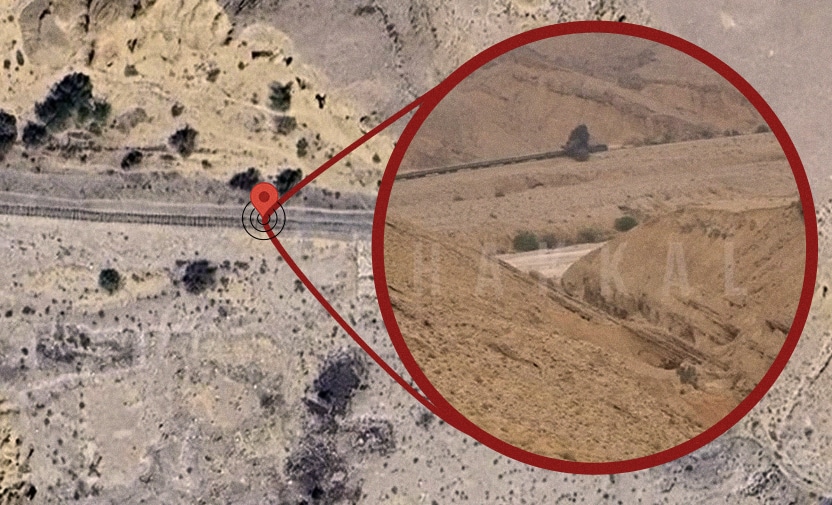By: Abdullah Khan
What is unfolding in Balochistan is not merely a so-called separatist movement of the terrorists—it is the deliberate distortion of Baloch society’s values. For years, terrorist outfits like the BLA have used women as suicide bombers in their violent campaigns. As a Baloch and as someone who understands the cultural fabric of our people, I say this with grave concern: this is not resistance—it is exploitation.
The Baloch have a proud tradition where women have historically played roles as peacekeepers and diplomats, not combatants. Our culture values the sanctity of womanhood and their place as moral guardians of our society. The use of Baloch women in suicide attacks—glorified by separatist propaganda wings—is an imported ideology that neither represents our traditions nor our values. These tactics are borrowed from Kurdish fighters and other foreign militant movements and have no place in the Baloch historical narrative.
Take the tragic case of Shari Baloch. An educated woman, a teacher by profession, turned into a suicide bomber, manipulated by her own household, radicalized by her husband, affiliated with BLA. She didn’t target a military installation. She killed innocent Chinese teachers working at a language institute. What kind of “freedom struggle” demands the blood of educators?
Her children will not grow up knowing their mother as a symbol of pride. Globally, she will be remembered not as a martyr, but as a terrorist. And that is the lasting legacy these militant organizations are leaving behind for the very people they claim to be fighting for.
Let’s be clear: even the TTP—responsible for countless suicide attacks—has refrained from using women in their operations. The BLA’s strategy to weaponize Baloch women is a sign of desperation, not strength. It reflects a shortage of manpower, a lack of ideological clarity, and a dangerous attempt to guilt-trip more youth into joining their ranks through emotional manipulation.
It’s time for Baloch parents to wake up. Monitor what your daughters are reading, what they’re being taught in colleges, and who they are associating with. In many educational institutions, BSO-Azad operates unchecked, spreading radical ideas under the guise of Baloch nationalism. Families must reclaim the moral and intellectual development of their children before they’re brainwashed into becoming tools of terror.
Equally, the state bears responsibility. The government of Balochistan and national institutions have failed to effectively respond. Individuals like Adila Baloch and Gulzar Imam came forward to expose how India was aiding separatist efforts. Yet, their confessions led nowhere. Why haven’t these stories been used to educate others? Why don’t we see them as examples in deradicalization campaigns?
We do not need silence or symbolic bans—we need action. BSO-Azad must be dismantled in practice, not just in paperwork. Educational environments must be de-radicalized. Rehabilitation efforts for former militants must be turned into public models of reintegration.
This is not a call for repression. This is a call to save our daughters, our identity, and our future. Using women as suicide bombers may earn a group temporary notoriety, but it will forever stain the cultural soul of Balochistan.

